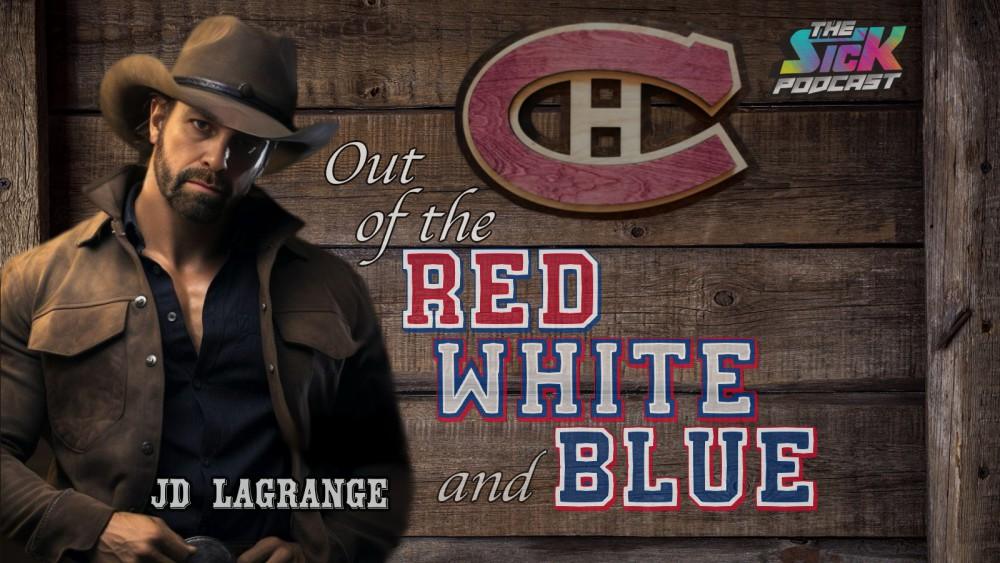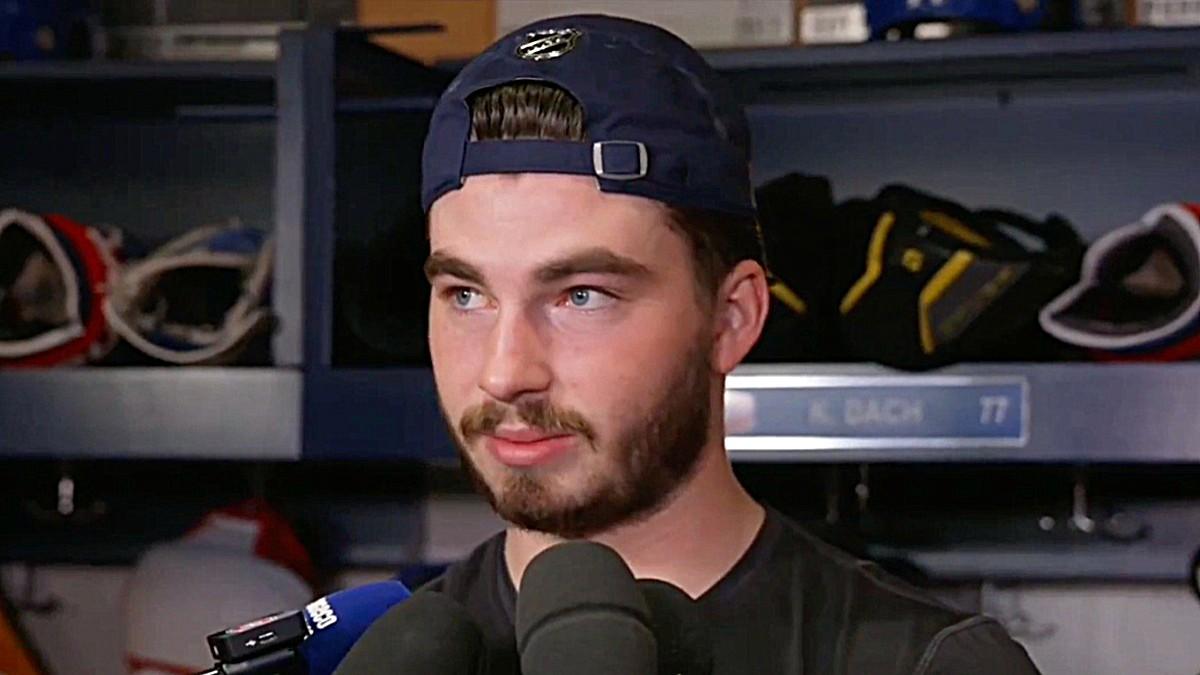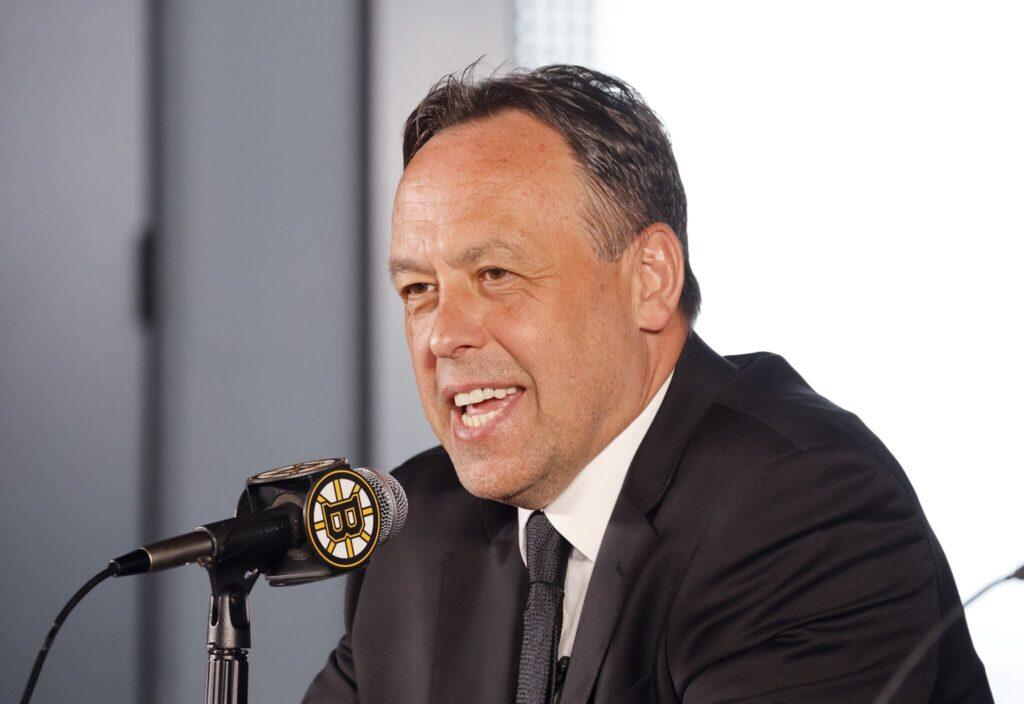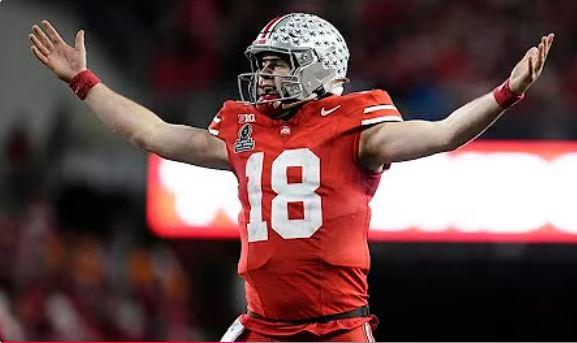
It’s a story as old as the Montreal Canadiens themselves: a team under the brightest lights, playing before the most passionate fans, fuelled by the most intense media scrutiny in the NHL. Yet this passion, this devotion, comes with a dark side—one that, year after year, turns promising players into scapegoats, admirable veterans into whipping boys, and devoted team members into the targets of collective frustration.
It seems like every season, some poor soul becomes the focus of this relentless cycle of criticism. It doesn’t matter if they’ve bled for the franchise, adapted to roles they didn’t ask for, or simply had the misfortune of underperforming in the wrong game at the wrong time. For the fans and media who need an outlet for their frustrations, the target doesn’t matter—what matters is the venting.
Let’s take a walk down memory lane. Saku Koivu, the beloved captain who inspired us all with his courage in overcoming cancer, became the subject of ridicule for spending his summers in Finland—his home. Worse, he faced backlash for not mastering French, a debate so venomous that it drove him out of town. Not even his decade of leadership or his love for the team could shield him.
And David Desharnais? Criticized endlessly for being the first-line center, a role he didn’t demand but one he performed in to the best of his ability. Or Jonathan Drouin, whose mental health struggles were magnified and exploited by those unwilling to see him as anything more than a “disappointment.”
Even Shea Weber, a respected leader, initially faced backlash from fans unhappy with the trade that sent media and fan-favourite P.K. Subban to Nashville. Jeff Petry, who played a key role in the team’s run to the Stanley Cup Finals in 2021, was next in line, facing the crowd’s ire despite his contributions.
In the past couple of seasons, the focus shifted to Brendan Gallagher and Josh Anderson. Gallagher, a 12-season veteran who has poured his heart and soul into every shift as a Canadien, found himself unfairly criticized. Anderson, while giving maximum effort, struggled alongside Gallagher as both were asked to adapt their playing styles—an adjustment that didn’t come easily. Neither deserved the harsh treatment they received, yet fans seemed to need a venting outlet, regardless of how unjust or damaging it might have been.
This season, with both players enjoying better performances, the spotlight has turned to Mike Matheson and Christian Dvorak. After a career season less than a year ago, Matheson, acquired in a trade for Petry, has been tasked with playing on the right side—an unnatural position for a defenseman, making his job significantly harder. Despite the challenges, he’s done so without complaint, exemplifying what it means to be a team player.
As for Dvorak, he remains a polarizing figure. While fans often voice their displeasure, he’s clearly well-regarded within the team. After wins, when the core players celebrate in a small circle before leaving the ice, Dvorak is always there—alongside Suzuki, Caufield, Slafkovsky, and Dach.
Speaking of Kirby Dach, he could easily become the next target of frustration. With Dvorak and Armia potentially on their way out by the trade deadline, Dach’s performance will likely come under scrutiny. If he struggles to regain his form after his serious knee injury, the critics may turn on him too. For now, there are still a few scapegoats to deflect attention, but soon, the pool of targets may run dry—and with it, perhaps, the excuses.
But here’s the question no one seems to ask: what’s the cost of this endless blame game?
The answer lies in broken spirits, squandered potential, and the erosion of a culture that once prided itself on being the pinnacle of hockey. Social media has magnified this behaviour tenfold, making every word, every mistake, every breath a player takes ripe for over-analysis and vitriol.
And here’s the irony: these players are human. They’re trying their best. Mike Matheson didn’t demand to play his off-side; he simply stepped up where the team needed him. Christian Dvorak didn’t assign himself a hefty contract; he signed what was offered. Brendan Gallagher? He’s given his heart and soul to this team for over a decade—and yet, when his body couldn’t keep up with his spirit, the knives came out.
Hockey isn’t immune to the culture of scapegoating, but isn’t it time we were? In an era of unprecedented awareness of mental health and the toll of public scrutiny, shouldn’t we know better by now?
It’s not just about hockey—it’s about humanity. Criticism is part of sports, yes, but the constant need to find someone to blame, to tear down, says more about us as fans than it does about the players. Perhaps it’s time to turn that mirror around and ask ourselves:
What kind of fans do we want to be?
Do we want to be remembered as the crowd that lifted our team when they needed us, or the mob that tore them apart? The choice is ours—and the time to choose differently is now… and that, in spite of what the media is saying or writing.





